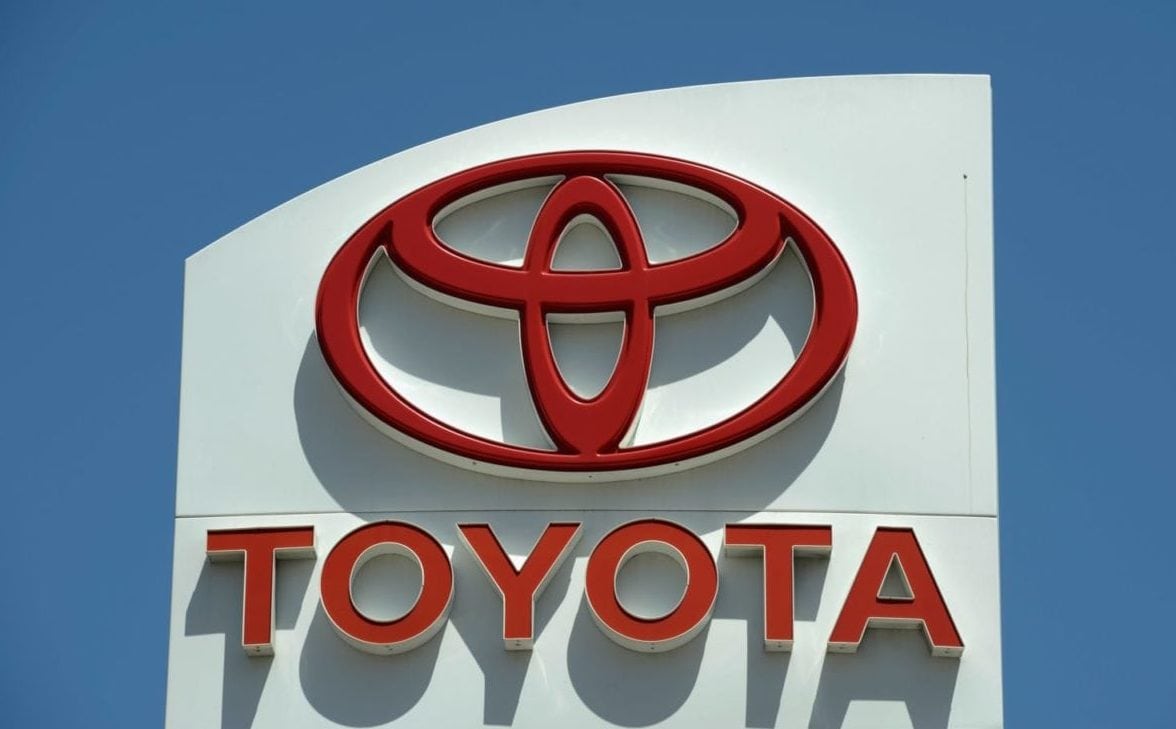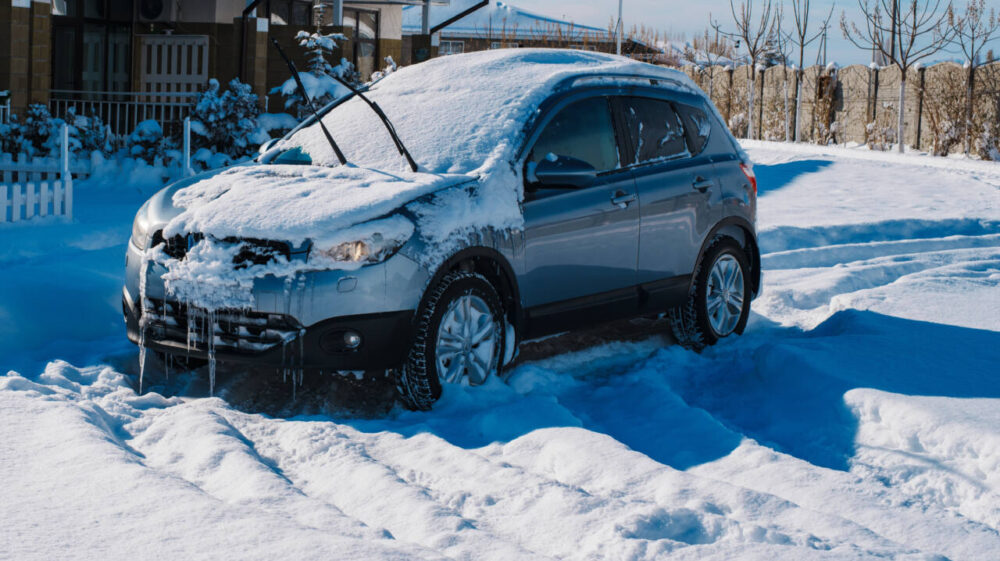Toyota recalls almost 1 million vehicles in the U.S. for stall risk and airbag issue

Toyota has recently issued two major recalls.
The automaker is recalling approximately 2.4 million vehicles worldwide due to a problem in which the cars may not enter a fail-safe driving mode as intended, which can cause the vehicle to lose power and stall. About 807,000 of those vehicles are in the United States. If this happens while driving at higher speeds, it could cause a crash. The recall affects 2010-2014 model year Toyota Prius and 2012-2014 Prius v vehicles.
There is a second recall involving certain 2018-2019 Tundra and Sequoia vehicles and 2019 Avalon vehicles. About 168,000 vehicles sold in the United States are affected by this recall, which is due to a programming problem in the airbag electronic control unit (ECU) that could disable one or more of the sensors used to detect crashes, possibly causing the side and curtain shield airbags and/or front and knee airbags to not deploy as intended.
To see if your vehicle is affected by the recalls, you can enter your Vehicle Identification Number (VIN) or license plate information here. You can also reach the Toyota Customer Experience Center at 1-800-331-4331 or the Lexus Guest Experience Center at 1-800-255-3987. You can also check by VIN through the National Highway Traffic Safety Administration.
In the case of the Prius recall, the fail-safe system is designed to engage if the hybrid system overheats or develops other problems, but this malfunction of the system could cause problems when it happens at the wrong time. Power steering and brakes would remain intact in the event of a stall, but the risk of a crash may increase.
“We’ve found that in rare situations, the vehicle may not enter a fail-safe driving mode as intended,” Tania Saldana, a Toyota spokeswoman, told NPR by email. “If this occurs, the vehicle could lose power and stall.”
These vehicles were affected by previous recalls in 2014 and 2015, but this issue was not addressed at that time. Toyota will update the software to fix the problem at no cost to the consumer. The company plans to notify the affected customers when the update is ready.
Toyota declined to comment when asked by Consumer Reports if any crashes, injuries or deaths due to the problem have been reported.
Toyota will also update the ECU programming at no cost. Affected customers will receive notification by first-class mail starting in late October.






